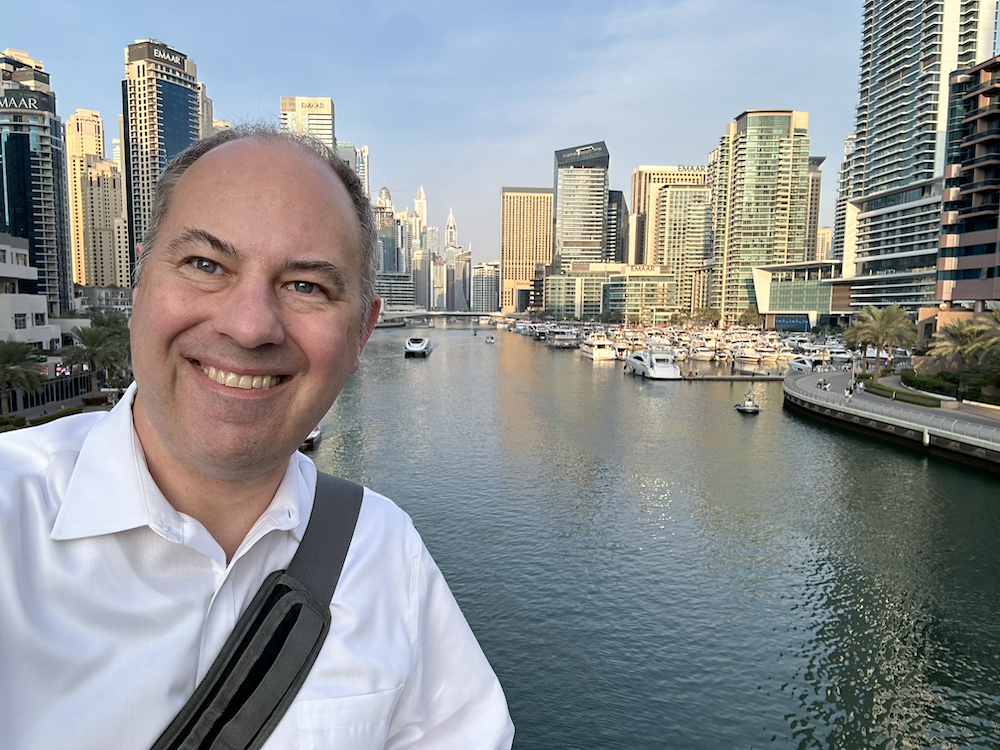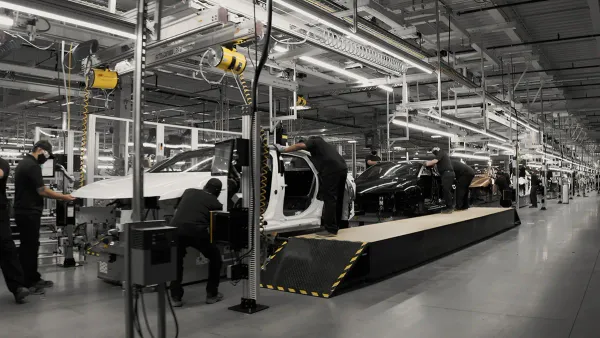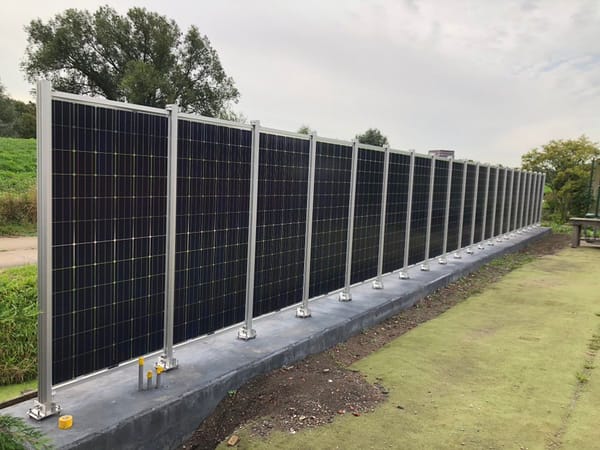Closing up Heat Rising

This is the last edition of Heat Rising. I’ve enjoyed writing this newsletter, but I’m taking on a new position soon that conflicts with journalism. More on that in a minute, but first, why did I choose to leave Heat Rising behind?
The most important reason is that I haven’t been able to find a stable funding source for the publication. There’s a few forces underway here: First, with higher interest rates, investors and donors are less willing to fork over cash than they were a few years ago. Second, foundation funding for new news projects in the United States has oriented towards local news projects with the Press Forward project. Finally, there’s a ton of (excellent) competition for climate-related news projects.
I’ve started, managed, or worked on eight news publications now. That’s so many. Most of them have faded away, changed into something else, or closed down. At this point, I’ve lost my zest for running an unfunded news operation while also pushing out content. So, I’m moving on to something new.
There is lots of great climate journalism out there, and it is particularly exciting to see major financial news organizations like Bloomberg, Financial Times, and the Wall Street Journal writing with an edge about the business implications of climate. Perhaps this is the line of inquiry that will really stir up more green capital.
Maybe it is because I sit in the middle of the US and am an English speaker, but I am disappointed at how little reporting I see about the politics and business impacts of climate in Asia and the Global South. I have tried following some Indian and Japanese publications (in English!) but most of what I’ve seen has been “press release” journalism and little critical reporting on the stances and positions of leaders throughout the Global South. I understand this is a problem overall, but critical reporting is often the way to move leaders out of their comfort zones, and fixing climate is clearly outside of many political leaders’ comfort zones. Hopefully someone else (with funding) will pick up this mission.
As for me, (pending my security approval) next month I’m starting a position as a climate advisor for the United Kingdom’s General Counsel office in Chicago. I’ll help the leadership there better understand America’s federated system and the climate policies of states in the middle part of the US. Hopefully, some of my recommendations will lead to close collaboration between US states and the UK on improving the world’s climate.
If you’re ever in the American Midwest, please look me up! Let’s talk climate. mike@heatrising.net
Ideas
A recent study found that 80% of the world’s emissions from 2016 to 2022 came from 57 fossil fuel and cement companies. This should be a surprise to nobody, but the difference between thinking and knowing something is legislation, lawsuits, and treaties.
Following up on my newsletter focus last week, a poll of American consumers found that 48% would not consider buying an EV. Now, 44% are considering buying an EV, down from 55% last year. The poll also found a direct correlation between concern about climate change and EV ownership. Although this poll does not address it, the chief problem with EV versus Internal Combustion Engine (ICE) competition seems to be that EVs don’t really provide a clear advantage over ICEs. As I learned in my years as a political consultant, if you want to beat an incumbent, first you have to demonstrate what’s wrong with the incumbent, and then you have to demonstrate why the challenger would be better. For self-focused American consumers, there’s nothing really wrong with ICEs, and EVs don’t do much that ICEs don’t do already.
Meanwhile, a Politico study found that over 50% of US federal funding for EV chargers will go to existing gas stations and truck stops.
Climate Politics News
Help us build wind farms to beat Russian bombs, Ukraine tells EU [Politico]
Grid ‘pinch point’ on Scottish border to push up energy bills [The Times]





